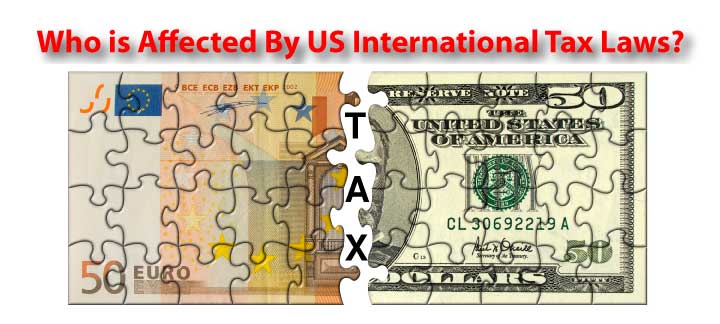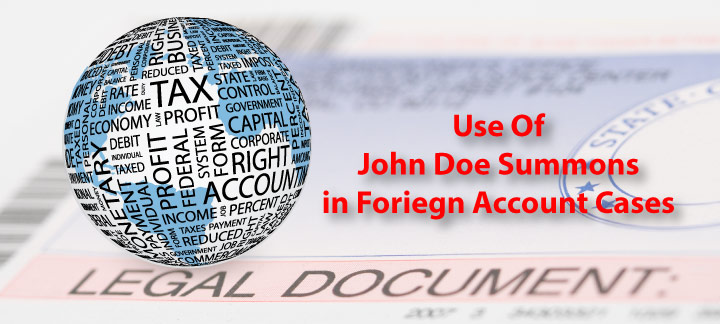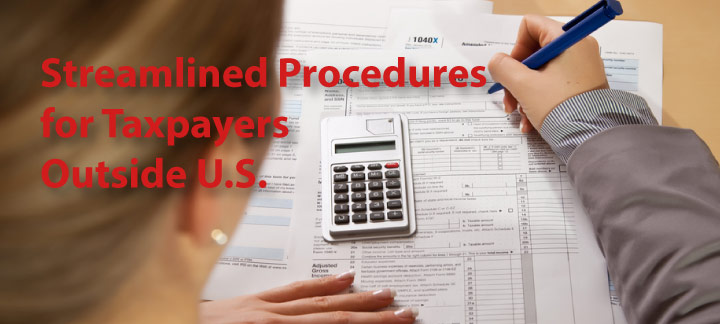Withholding Rules Involving Foreign Accounts of U.S. Persons
Reporting by Foreign Entities on Financial Accounts of U.S. Persons
In 2010, Congress enacted a series of international tax laws designed to require foreign financial institutions (FFI) and other nonfinancial foreign entities (NFFEs) to provide information about accounts and interests held by U.S. persons. These regulations generally apply to payments made after 2010 (1).










Comments (0)